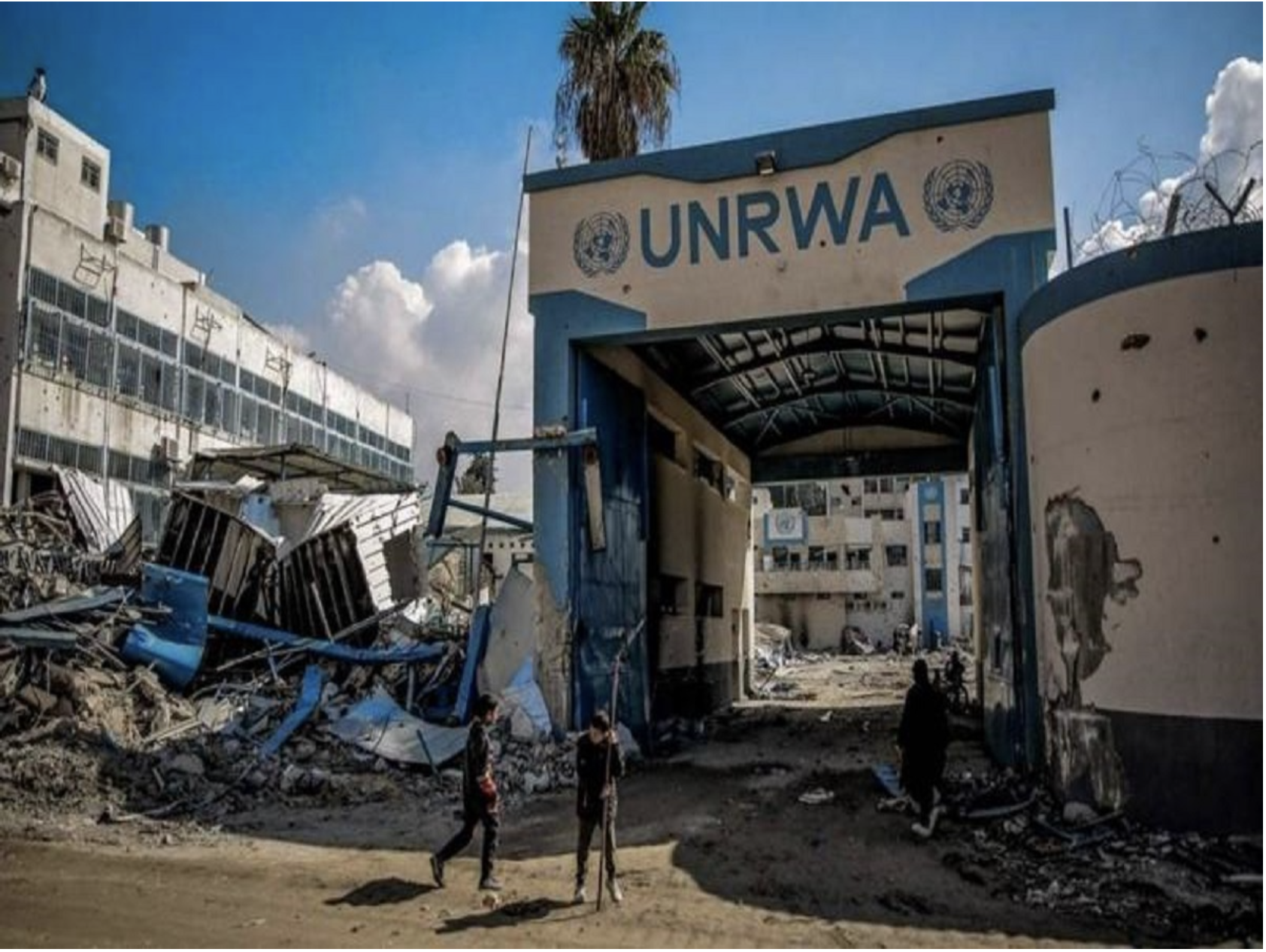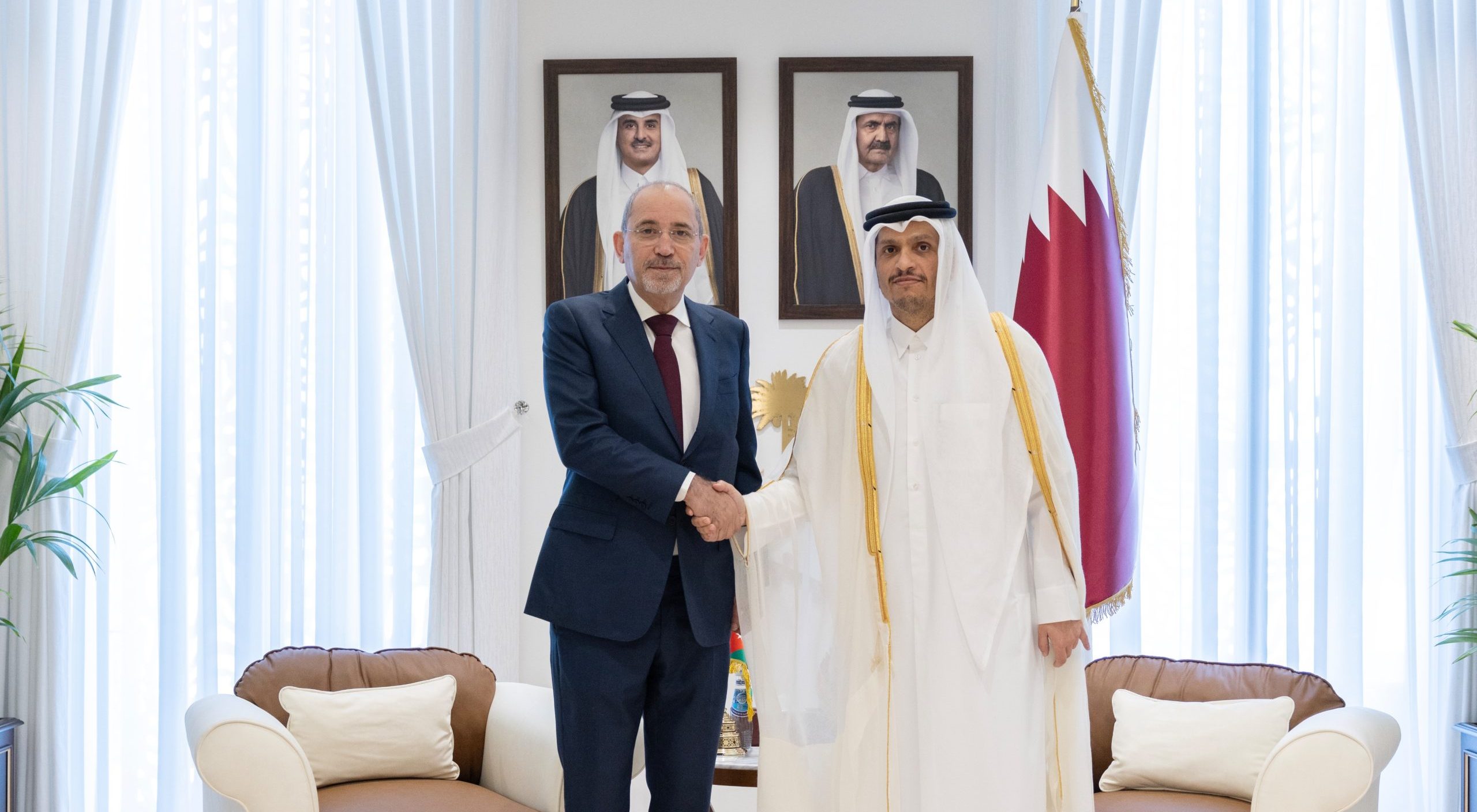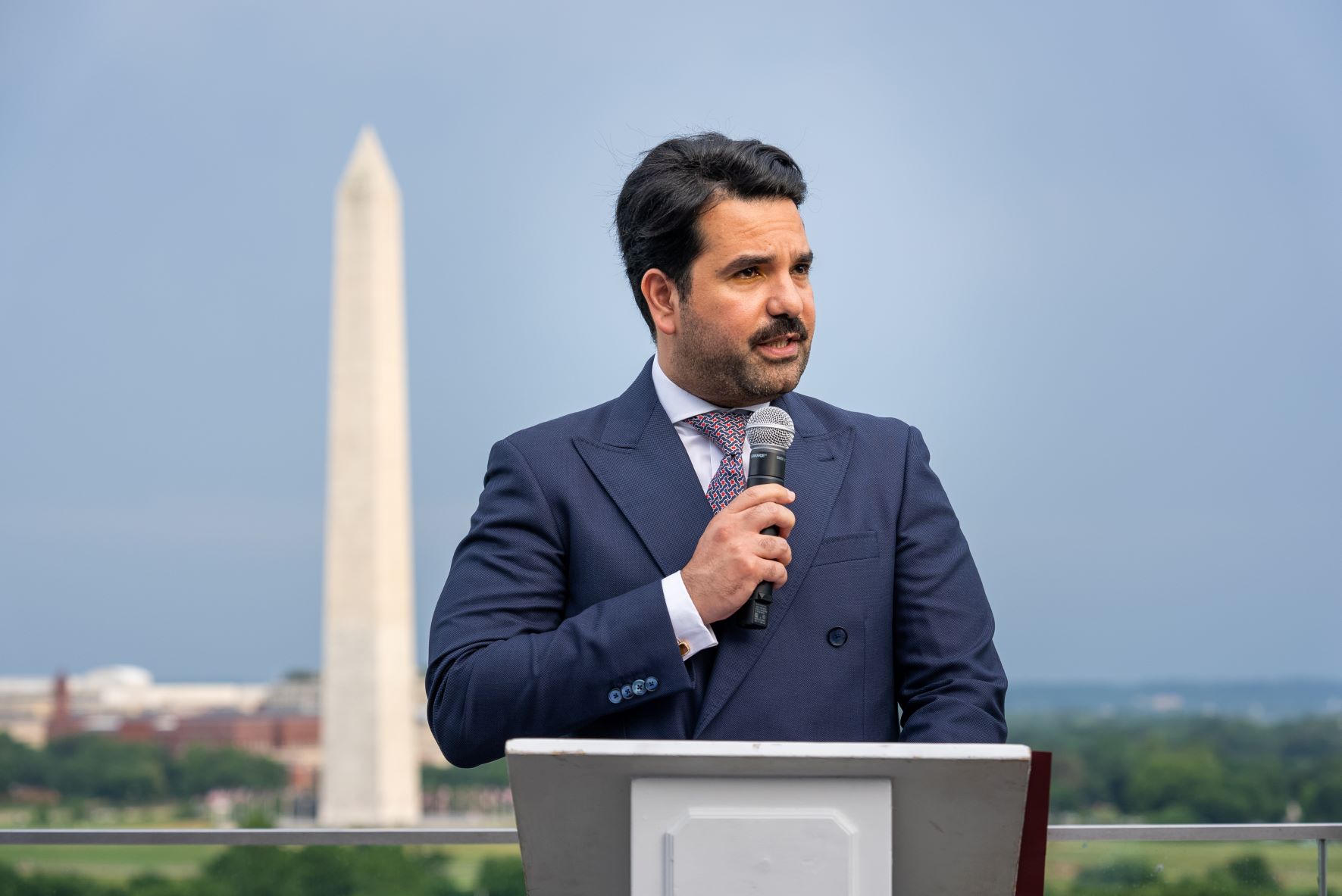The United Nation chief invoked Article 99 yesterday, demanding a ceasefire in Gaza in a rarely-invoked move.
Qatar Prime Minister Sheikh Mohammed bin Abdulrahman Al-Thani and the United Nations Secretary-General Antonio Guterres stressed the need for “sustainable humanitarian corridors” in Gaza on Wednesday as the Israeli genocide entered its second month.
In a phone call between Sheikh Mohammed, who is also Qatar’s foreign minister, and Guterres, the two discussed the crucial entry of aid into Gaza , according to a statement by Doha’s foreign ministry.
“The Prime Minister stressed the necessity of opening sustainable humanitarian corridors to ensure the continued entry of aid to the Palestinian brothers in the Gaza Strip, and to provide the necessary protection for relief convoys until they reach the northern Strip,” the statement said.
During the phone call, Sheikh Mohammed underscored Qatar’s ongoing efforts “in a bid to renew the pause and reach a permanent ceasefire in the Gaza Strip.”
Qatar and Egypt mediated a week-long truce between November 24 until December 1 that led to the release of at least 110 Israeli and foreign captives from Gaza, according to a Doha News tally.
As part of the deal, Israel released 240 Palestinian women and children from Israeli prisons.
Another crucial part of the agreement entailed the entry of additional aid trucks into Gaza, including fuel shipments.
Israel almost immediately resumed its brutal war on Gaza after the truce expired on Friday at 7:00 AM local time, while advancing deeper into the Palestinian enclave, despite some 138 captives still in the area.
Israel has limited the entry of aid trucks into Gaza since the truce expired last Friday.
Only 80 aid trucks entered Gaza on Wednesday, an amount that is significantly lower than the daily average of 170 trucks of aid that crossed over from Egypt during the pause, according to the UN Office for the Coordination of Humanitarian Affairs.
The amount is also lower than the daily average of 500 truckloads, including fuel, that used to enter Gaza before the beginning of the genocide on October 7.
A total of 69,000 litres of fuel also entered Gaza on December 6, in comparison to the average of 110,000 litres during the truce period, OCHA added.
The United States State Department spokesperson Matthew Miller said during a press briefing in Washington, DC on Tuesday that “the level of assistance that is getting in is not sufficient.”
“The level of fuel that is going in is not sufficient. It needs to go up, and we have made that clear to the government of Israel. And we will continue to engage with them on every level, precisely to try and address the very real human suffering,” Miller said.
Under apparent U.S. pressure, the Israeli Security Cabinet then announced on Thursday that it will “allow a minimal supplement of fuel” that is “necessary to prevent a humanitarian collapse and the outbreak of epidemics into the southern Gaza Strip.”
“The minimal amount will be determined from time to time by the War Cabinet according to the morbidity situation and humanitarian situation in the Strip,” the office of Israeli Prime Minister Benjamin Netanyahu said in a post on X yesterday.
The Israeli bombardment in Gaza has “significantly intensified” since Monday particularly in the eastern parts of Gaza city, Jabalia refugee camp, and areas east of Khan Yunis, OCHA said in a flash update on Tuesday.
The Israeli occupation forces have killed at least 16,250 Palestinians since the start of the genocide in Gaza on October 7, according to the latest figures by Palestine’s health ministry.
Euro-Med reported a much higher figure on Wednesday of 21,731, including 8,697 children and missing Palestinians under the rubble.
The figure has remained disputed ever since Gaza’s collapsed health sector stopped keeping track of the total toll after the ground invasion of Al-Shifa Hospital on November 18 and the non-stop bombardment.
The electricity blackout imposed by Israel since October 11 has also made it more difficult to keep record of the casualties.
On Wednesday, UN Secretary General Guterresinvoked Article 99 of the UN Charter, urging the UN Security Council to take action against the ongoing war in Gaza, marking a rare move by Guterres. The article was last invoked in 1989.
“I’ve just invoked Art.99 of the UN Charter – for the 1st time in my tenure as Secretary-General. Facing a severe risk of collapse of the humanitarian system in Gaza, I urge the Council to help avert a humanitarian catastrophe & appeal for a humanitarian ceasefire to be declared,” Guterres said in a post on X.
The move came as the 15-member Security Council failed to reach consensus over a ceasefire in Gaza.
“I urge the members of the Security Council to press to avert a humanitarian catastrophe. I reiterate my appeal for a humanitarian ceasefire to be declared. This is urgent. The civilian population must be spared from greater harm,” Guterres said in his letter to the president of the Security Council.







